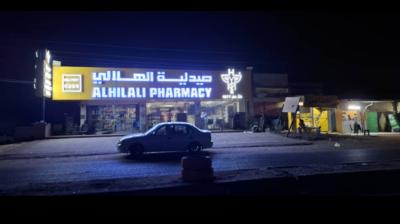Refusing genocide and academic complicity
For over eight months, the world has witnessed the harrowing violence inflicted upon Palestinians by Israel, relentless destruction and suffering vividly broadcast across our screens and social media. This extreme escalation is, as we know, part of a much longer history of settler-colonialism, conflict and suffering. While European leaders long focused on condemning Hamas and defending Israel’s right to “self-defence,” the full extent of Israel’s actions has now become unmistakably clear.
Since January, the International Court of Justice has been investigating these assaults as plausible acts of genocide, and an ICC prosecutor has identified them as war crimes and crimes against humanity. Even traditionally conservative bodies like the UN have called for a ceasefire and branded Israel as an apartheid regime. Yet, these calls and condemnations have been non-performative. As we write this piece, the ethnic cleansing and genocide of Palestinians continue unabated.
After receiving the Rafto Prize in Bergen in May this year, Secretary-General of Defense for Children–Palestine, Khaled Quzmar, asked in exasperation: “How many thousands more children will have to die before the world demands Israel to stop?” Another sobering question is what will remain of Gaza after the war, as the Israeli assaults have not merely demolished people’s homes and other civilian infrastructure like roads and hospitals; they have also systematically destroyed Palestinian cultural heritage sites, education and knowledge systems and olive groves and farmlands, with detrimental effects on Gaza’s fragile ecosystems and biodiversity.
As many Europeans enjoy their summer holidays and turn their attention to the Olympic Games in France, Palestinian men, women, and children continue to suffer and die—not only from Israeli bombs, some of which are designed, produced, and exported by our own governments, but also from the slow deaths caused by hunger (used as a weapon of war), dehydration, and disease.
In this moment of profound suffering and devastation, we must confront two intertwined questions. First, what are our responsibilities as educators, scholars, and fellow human beings? Second, how can we act to end these atrocities within our scholarly communities and institutions? While the answers, of course, reveal that our responsibilities are vast and multifaceted, we firmly believe it is our duty to speak out and take a decisive stand as members of Europe’s largest anthropological association. To echo Toni Morrison’s call for artists to “go to work” in 2015, “There is no time for despair, no place for self-pity, no need for silence, no room for fear.” It is time for us, this community of anthropologists, to refuse genocide and academic complicity.
Fiona Murphy




![Ti år med flyktningkriser og folkerettsbrudd i Europa (2015–2025): Kunne EU og Norge ha svart annerledes? [A Decade of Refugee Crises and Violations of International Law in Europe (2015-2025) – Could the EU and Norway Have Responded Differently?]](http://www.cmi.no/img/400/19473-Screenshot-2025-12-25-at-173706.png)


